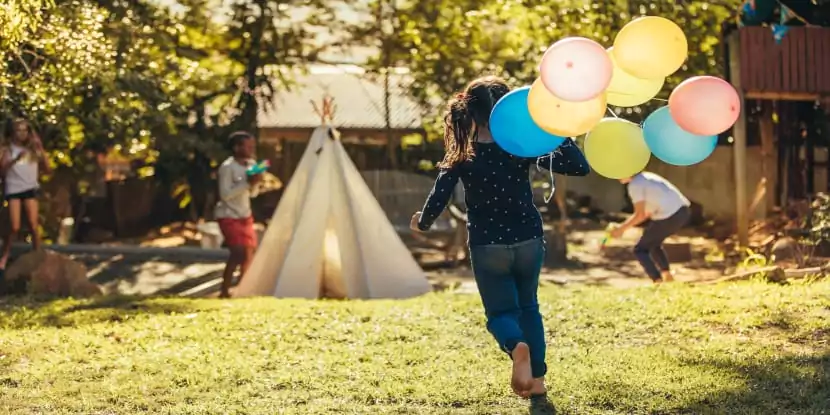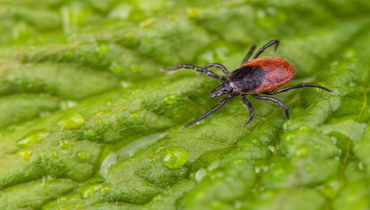Mosquito Joe® Blog
Shared Resources for Your Pest Control Needs

EPA PESP Gold Member Status: A Milestone in Environmental Stewardship
We’re thrilled to announce that Mosquito Joe has achieved Gold Status within this program, a prestigious recognition reserved for “outstanding environmental stewards.
All Blogs
Fire ants are a type of insect that can be dangerous for humans, animals, and the environment. They can be
Learn moreRemember exploring your grandparents' attic as a kid? You opened the old trunk in the corner, hoping for pirate treasure, and wound up coughing on camphor fumes.
Learn moreMost people don’t welcome insects into their homes with open arms, but a species that will really get the red light is red fire ants! Native to South America
Learn moreLooking for an eco-friendly way to rid your yard of unwanted pests and rodents? Try peppermint oil pest control! While most humans love the smell of peppermint, common household
Learn moreBlog Category
About Mosquito Joe®


